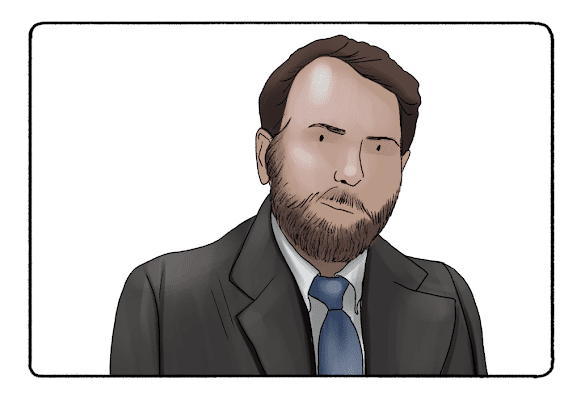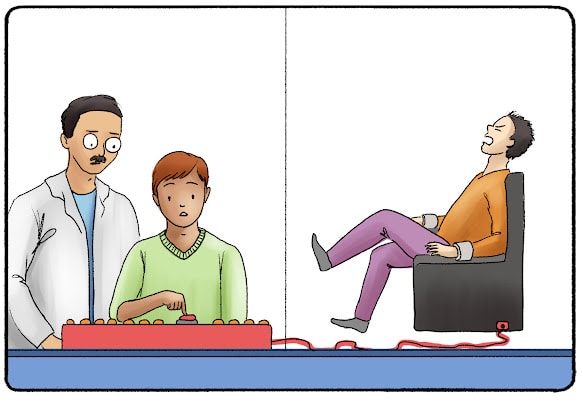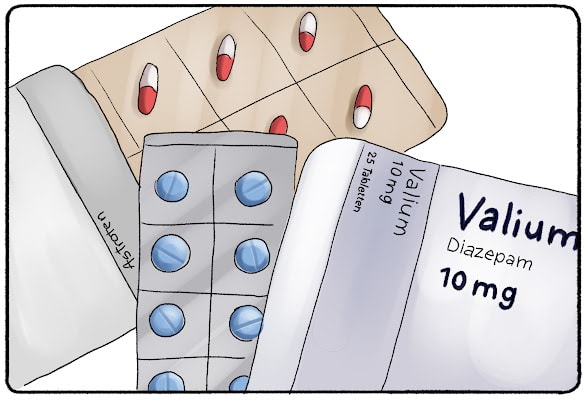Questions about obedience still remain. How obedient are people willing to be so they don’t have to ruffle any feathers? At what point will people stand up to authority? These are the questions that many studies, including the Hofling Nurse Study, have tried to answer. This video is all about the Hofling Nurse Study and what it told psychologists about obedience.
What Is the Hofling Nurse Study?
The Hofling Nurse study (also known as the Hofling Hospital study) is one of the many experiments meant to replicate the Milgram experiment, but without the potentially traumatic results for the participants. Psychiatrist Charles K. Hofling created the study in 1966.
What Is the Milgram Experiment?

Social psychologists were left with a lot of questions to answer after World War II. Over a decade after the war had ended, they watched as war criminals sat on trial and defended or confronted their actions. Psychologists asked themselves, “How could people be accomplices in the horrific acts of the Holocaust?”
One psychologist named Stanley Milgram tried to answer that in the 1960s and 1970s. He conducted a series of experiments that looked at obedience in the face of authority. The results were unsettling. Even in the face of potentially harming another person, people were surprisingly unwilling to question authority and more likely to follow orders without protest.

Milgram’s experiments are unsettling. In short, they involved human participants who thought they were administering up to 450-volt shocks into another participant. (The shocks were fake, and the people “receiving” the shocks were actors.) Since the 60s, social psychologists have had to take a deep look into the ethics of using humans in potentially traumatic studies.
How Did the Hofling Nurse Study Work?
The questions asked during the Hofling Nurse Study study was very similar to the questions asked during the Milgram experiment. How obedient are people when they are faced with orders from an authority figure? How far will they go to avoid confrontation with these figures?
Hofling’s team recruited 22 American nurses for the study. One of the researchers would call the nurse on the phone, claiming to be “Dr. Smith.” Dr. Smith wanted the nurses to administer 20mg of a drug called “Astroten.” Astroten is a fake drug, although researchers put a fake bottle with Astroten in the nurses’ cabinets before the study.
On the label for Astroten, it says that 10mg was the maximum daily dosage. By administering 20mg, the nurses would be administering twice that amount.
“Dr. Smith” promised the nurses that he would sign for the medication later. There was no paperwork on the Astroten waiting for the nurses, and nurses were not alerted that a “Dr. Smith” would be calling them. They didn’t know a Dr. Smith.
There are many reasons why the nurses should have said “no” to this request. Each nurse knew that administering twice a daily dosage, of a medication they had not heard of previously, to a strange doctor over the phone, was not within the rules.
Remember, there were 22 nurses in this survey. Before I tell you how many nurses complied, I’ll talk about a different part of the study.
Would You Do It?
The study compared how many nurses actually complied to how many nurses thought they would comply. For this part of the study, Hofling and his team explained the experiment to 12 nurses and 21 nursing students. They then asked the participants, “Would you administer the dose?”
Ten nurses said no. 21 nursing students said no. Researchers used these results to predict how many of the nurses would administer the dose.
So how many nurses do you think actually administered the dose?
The Results of the Hofling Hospital Study
Out of the 22 nurses in the Hofling Hospital study, 21 administered the 20mg of Astroten to the doctor on the phone. These results are pretty unsettling when you think about what could have happened if Astroten were real, and administering twice the daily dosage had harmful consequences. (In the experiment, the Astroten administered was just a sugar pill.)
This study helped to support the conclusions made in the Milgram study without the notorious reputation of Migram’s experiments.
Rank and Jacobson 1977 Findings
While the Hofling Hospital study was more ethical than the Milgram study, psychologists still wanted to improve the procedure. After all, there were only 22 nurses involved in the Hofling study. Would a replication experiment have the same results? Are we all just obeying orders without question, even if it does mean putting others at risk?

In 1977, Steven G. Rank and Cardell K. Jacobson replicated the Hofling Hospital study. They found a glaring factor that may have influenced the results of the experiment. Astroten was a fake drug. Because it was a fake drug, nurses had less to tell “Dr. Smith” about why they shouldn’t administer the high dose.
Rank and Jacobsen theorized that if the nurses understood the consequences of the drug they were being asked to administer, they would be more likely to say no. The nurses could talk more freely about why they were saying no to the doctor, and could justify their defiance more easily. Rank and Jacobsen recruited 18 different nurses in two major hospitals to conduct the experiment.
Rather than asking to administer Astroten or another fake drug, they called in asking the nurses to administer a “nonlethal overdose” of Valium.
As it turns out, they were right about the impact of knowing the drug. Out of the 18 participants, only 2 administered the Valium. The other 16 refused.
What Do These Results Say About Obedience?
The Milgram experiment, Hofling Nurse study, and replications don’t always tell the same tale about obedience. The replication, for example, shows us that “knowledge is power.” When the nurses had more knowledge, they were able to defy the authority more confidently.
Still, these studies have had a huge impact on the world of social psychology. Not only did the results show how we put our ethics aside to avoid confrontation with authority, but the experiments themselves show how ethics play a big role in the process of understanding human behavior.
